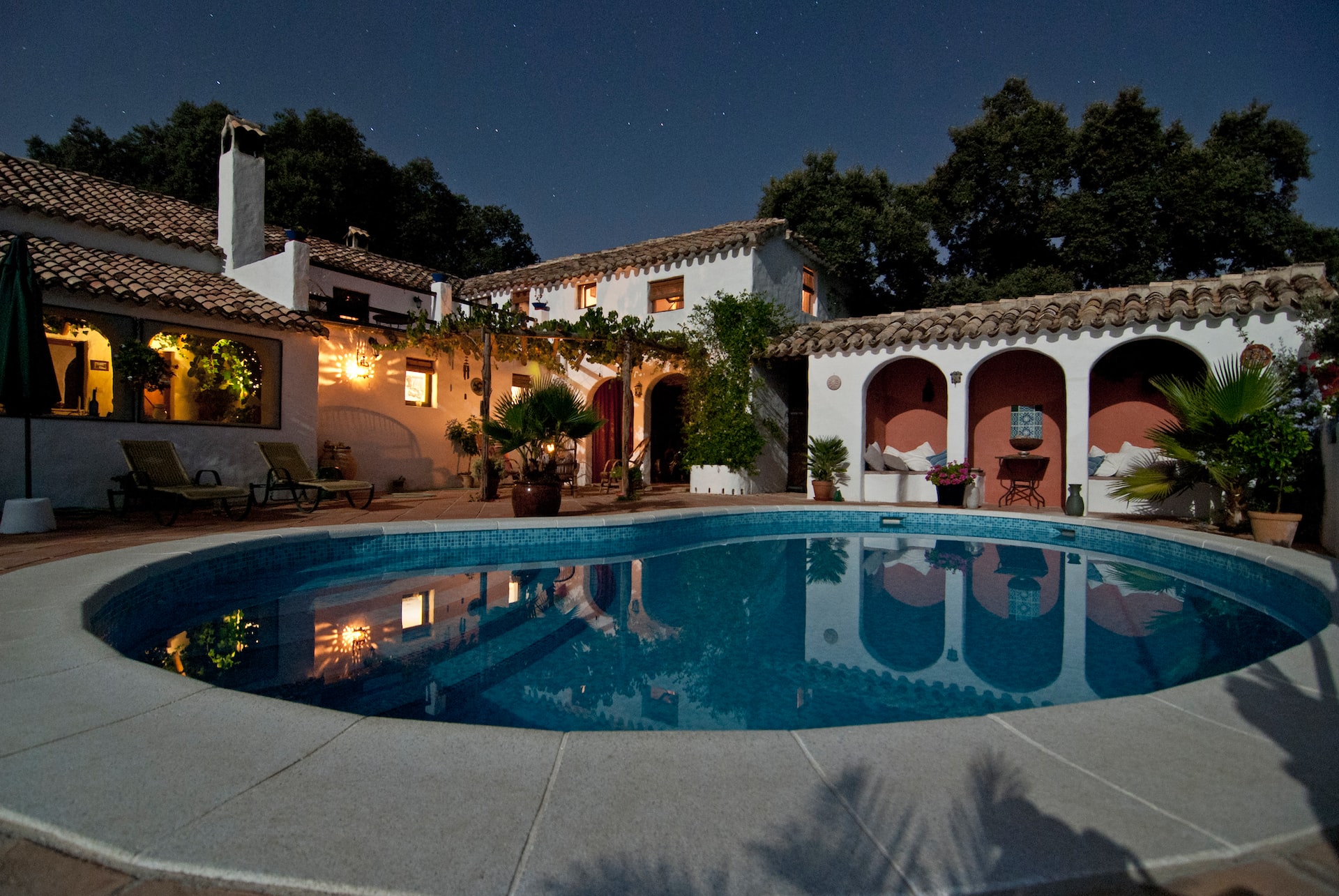Buying a home is exciting. But before you start shopping for a house that fits your needs and budgets, you’ll need to explore mortgage options. Conventional loans are a popular choice for a lot of prospective buyers. However, a jumbo loan is sometimes necessary if you plan to buy a pricier or luxury home. Read on to learn about each option and what to expect in terms of interest rates.
What is a Jumbo Mortgage?
Each year, the Federal Housing Finance Agency (FHFA) establishes loan limits that conforming loans must abide by. Conforming loans are mortgages that are eligible for purchase by Fannie and Freddie Mac to absorb the risk posed to lenders in the home lending business.
Conventional loans are classified as conforming loans, but that’s not the case with jumbo mortgages. Instead, they’re considered as non-conforming since they exceed the federal loan limit. Furthermore, jumbo mortgages aren’t insured and can’t be sold to the government by the lender.
Jumbo Mortgage and Conforming Limits
For 2022, the conforming loan limit is $647,200 in most areas. This amount increases to $970,800 in high-cost areas along with Alaska, Guam, Hawaii and the U.S. Virgin Islands. As mentioned above, jumbo mortgages are loans that exceed the conforming loan limit.
How Are Jumbo Mortgage Rates Determined?
Current market conditions determine the rates on jumbo loans. So, if economic conditions cause interest rates to spike, the jumbo loan interest rates will follow suit.
Other factors impacting jumbo mortgage rates include your down payment amount, credit score, debt-to-income ratio and cash reserves.
Jumbo Mortgages Rates vs. Conventional Mortgages Rates
You may find that interest rates on jumbo loans are lower than they are on conventional loans, despite the risk they pose. Furthermore, you could get an even lower rate to start if you opt for an adjustable-rate mortgage, although it will increase since the interest rate only remains fixed for a set period.
Why Jumbo Mortgage Rates are Slightly Higher
There’s also a chance that jumbo mortgage interest rates will be a bit higher when shopping around for a home loan. This is particularly the case when the average mortgage rates on conventional loans are low.
How Do You Qualify for a Jumbo Mortgage?
The eligibility criteria for jumbo mortgages are a bit more stringent than conventional loans due to the level of risk posed to the lender. However, you can expect a similar process that you’d get when applying for a conventional mortgage.
Here are some general qualification guidelines for jumbo home loans:
Credit Score
You’ll need good or excellent credit to qualify for a jumbo mortgage – the higher your credit score, the better. But with a conventional loan, the minimum acceptable credit score is 620.
DTI Ratio
Each lender sets its own DTI threshold. This figure is computed by dividing the sum of your monthly debt payments by your gross monthly income.
Cash Reserves and Liquid Assets
Cash reserve requirements also vary by lender, but you should have an ample amount of liquid assets on hand. This demonstrates to the lender that you won’t immediately fall behind on mortgage payments even if your financial situation changes.
Other Documentation
Gather financial documents the lender will need to process your loan application. Most will request recent pay stubs and tax returns to compute your income. They will also generally ask for bank statements from the past two to three months along with W2 forms or 1099 statements (whichever is applicable if not both).
Appraisals
The loan-to-value (LTV) ratio caps on jumbo loans are often a bit tougher than what you’d find with conventional mortgages. You can compute this figure by dividing the amount of your mortgage by the lower of the two: purchase price or appraised value of the property. Ideally, your LTV should not exceed 80 percent.
How to Get a Jumbo Mortgage
When you’re ready to start shopping for a jumbo loan, consider the team at Angel Oak Mortgage Solutions to lend a helping hand. The full-service mortgage lender offers three types of jumbo loans to prospective buyers:
- Gold Prime Jumbo: Purchase or refinance a single-family home, townhome or warrantable condo and use it as a primary, secondary or investment property. Loans of up to $3.5 million are available with a down payment as low as 10 percent. Plus, a DTI not exceeding 50 percent is permissible. And if you have a bankruptcy, short sale, foreclosure or deed-in-lieu on your credit report, there’s a seven-year waiting (or seasoning) period.
- Prime Jumbo: Borrow up to $3 million to purchase a primary residence, second home or investment property. You can also use the loan proceeds to refinance an existing property you own. The seasoning requirements are identical to what you’ll find with the Gold Prime Jumbo option.
- Non-QM Platinum Jumbo: This loan program is similar to the Prime Jumbo offering, but there’s also a one-year tax return income verification option. Furthermore, the seasoning period for adverse items is only four years.
But if a jumbo loan isn’t quite what you need, Angel Oak Mortgage Solutions features an assortment of traditional mortgage products to choose from. They include:
- Conventional Home Loans: features low down payment options, and you don’t need perfect credit to qualify
- FHA (Federal Housing Administration) Home Loans: designed for borrowers with lower cash reserves or credit scores that may have trouble getting approved for a conventional home loan
- USDA (United States Department of Agriculture) Home Loans: available for borrowers looking to purchase a home in rural areas (as determined by the USDA) and also comes with flexible down payment options
- VA (Department of Veterans Affairs) Home Loans: reserved for active-duty service members, reservists, veterans and qualifying relatives, and offers 100 percent financing for qualifying borrowers
Get started today by completing a simple form. It’s fast, easy and won’t take up much of your time.







